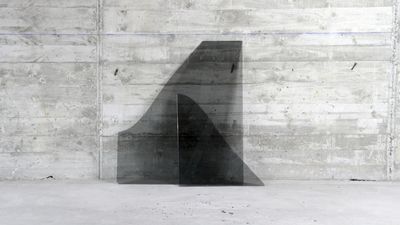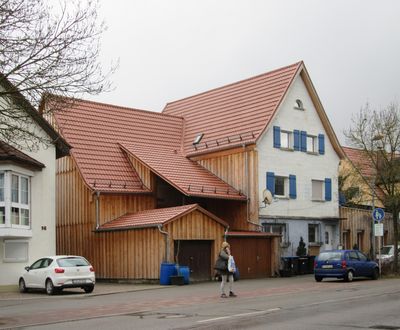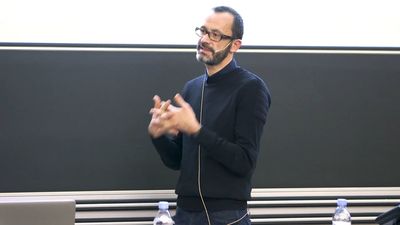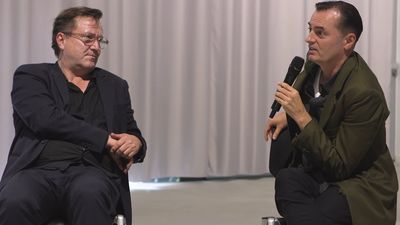Traces of the More–Than–Neoliberal: Comparing Urban Outcomes Through Tracing ConnectionsJennifer Robinson in conversation with Christian Schmid and Benedikt Korf
Bringing the more-than-neoliberal into focus requires a move beyond the practice of tracking neoliberal policies and their localisation, observing their transformation and noting that in the process they reinvigorate the global “syndrome” of neoliberalisation. This way, we only ever “see” neoliberalisation. In this paper I will explore how taking a more explicitly comparative approach to tracing connections between places can bring into view elements of urban processes which a policy mobilities perspective notes but doesn’t treat as a basis for wider analytical insights. Thus, important features of urban processes might be viewed as “fellow travellers” or local variation, and assigned to a non-theoretical series of particular observations. Treating connections as a foundation or starting point for comparison can help to build stronger theoretical and political insights concerning a wider range of urban processes.
I have been calling this approach to comparison “genetic”, drawing on the spatiality of the urban itself as grounds for thinking with elsewhere, for a comparative imagination, following the way in which many urban phenomena are repeated across different contexts, emergent from the vast array of interconnected processes which constitute, perhaps, the virtual urban—all the possibilities that might give rise to “any urban whatever”—to paraphrase Maliq Simone. In the presentation I will draw on three cases of city strategies, in Johannesburg, London and Lilongwe, to consider how tracing genetic processes can support practices of comparing across quite different urban contexts. These “grounds” or justifications for comparison based on the interconnections amongst cities are only a starting point. They can direct us to explore how outcomes are “assembled” across an array of transcalar processes and actors which confound local-global distinctions and bring a much wider range of processes into view—beyond neoliberalisation. They also need to be seen as part of a wider process of “assembling” a comparator across the diverse elements of cases, wider literature, individual researchers, evidence gathered, interlocutors, and, not least collaborators, residents, practitioners, who have their own productive “wild” comparisons to put into the mix (Guggenheim et al, 2016). Through this methodological tactic I suggest we can not only identify more-than-neoliberal dynamics and outcomes for wider comparative analysis, but also stretch understandings of the assumed forms of global circulations and of urban political agency which underpin analyses of neoliberalisation.
Jennifer Robinson completed her undergraduate, Hons and MA studies in Geography at the University of KwaZulu-Natal, Durban, followed by a PhD in Geography at the University of Cambridge. Before coming to University College, London as Professor of Human Geography, she worked at The Open University (1998–2009), the London School of Economics and Political Science (1996–98) and at the University of Natal (now KwaZulu-Natal), Durban, South Africa (1990–96). She is also active in the Urban Laboratory, a cross-University network for Urban Studies.
Christian Schmid is a geographer, sociologist and urban researcher. Since 1980, he has been active as video activist, organiser of cultural events and urban researcher. In 1999, he became the scientific director of the project Switzerland: An Urban Portrait at the ETH Studio Basel. He holds the Titular Professor of Sociology at the Department of Architecture, ETH Zurich.
Benedikt Korf is a geographer and freelance consultant in international development. Completing his PhD and a research fellowship at the Chair of Resource Economics, Humboldt-Universität zu Berlin, he has been a lecturer in geography at the University of Liverpool. Since 2007 he is Assistant Professor at the department Department of Geography, University of Zurich.




